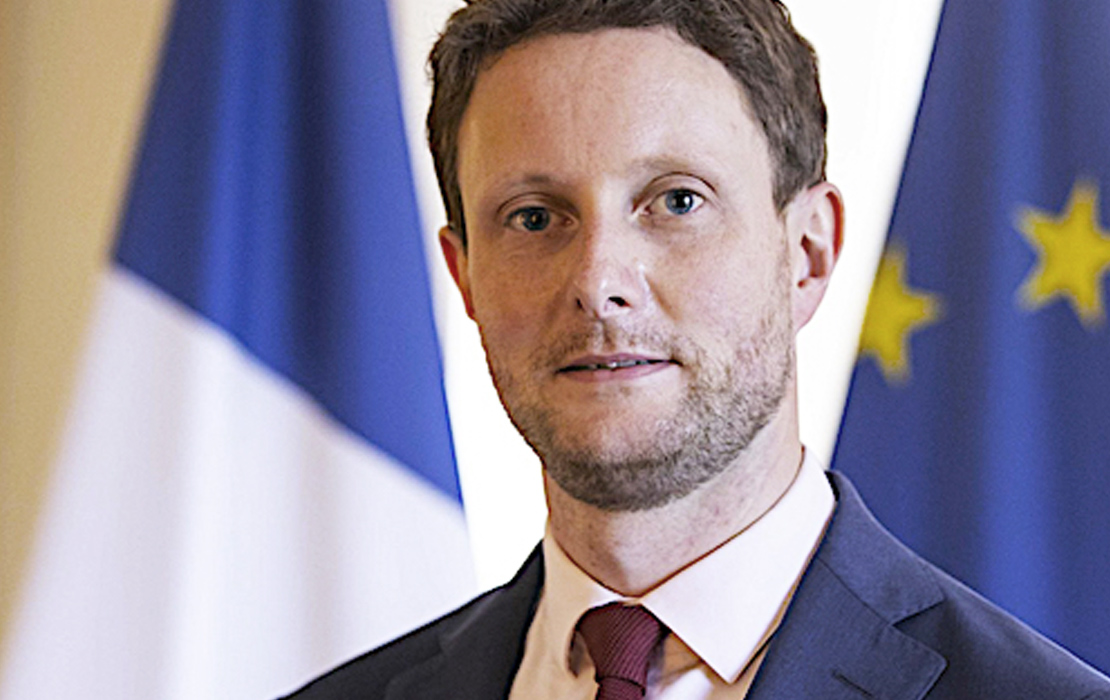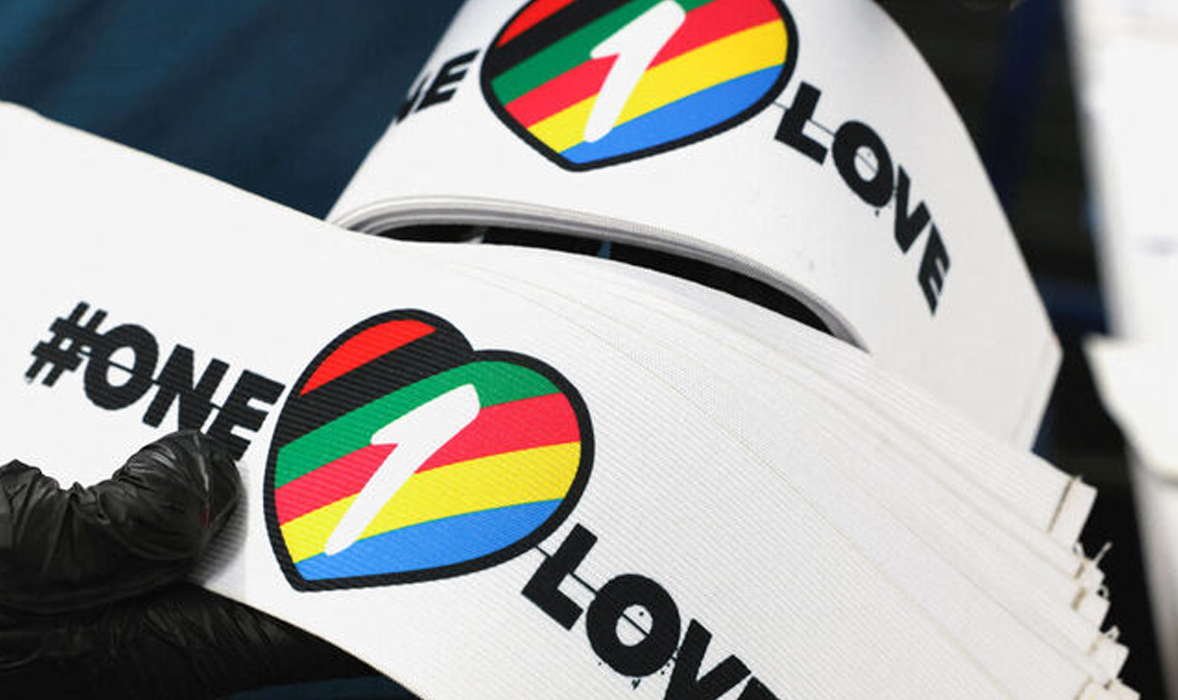>> Parent-reported measures of child health and wellbeing in same-sex parent families: a cross-sectional survey
[spacer]
Une étude menée auprès de 500 enfants australiens de couples homosexuels montre qu’ils sont en général en meilleure santé et ont une meilleure cohésion sociale et familiale que le reste de la population.
L’étude a été menée par l’université de Melbourne, en Australie. 315 couples de parents homosexuels – principalement lesbiens – et 500 enfants ont été interrogés. Il en est ressorti que ces enfants ont un taux de cohésion familiale et de bonne santé 6% supérieur à la moyenne nationale.
“Nous avons mesuré la cohésion des familles, et il semble que les parents et les enfants dans les familles homoparentales s’entendent bien, ce qui a un impact positif sur la santé des enfants”, a expliqué Simon Crouch, l’auteur de l’étude.
Par ailleurs, les enfants font preuve d’une meilleure cohésion sociale. Cela vient du fait que dans les couples homosexuels, les rôles sont mieux répartis à la maison, en ce qui concerne les tâches ménagères, le travail, etc. “Des études plus anciennes ont montré que les rôles étaient mieux répartis dans les couples de même sexe sur les questions de parentalité, de travail ou d’activités domestiques que dans les couples hétérosexuels”, a ajouté Simon Crouch. “Les tâches sont réparties en fonction des capacités des personnes, et non pas en fonction de stéréotypes de genre selon lesquelles la maman doit s’occuper des enfants et le papa doit rapporter de l’argent au foyer”.
“L’étude suggère que les enfants peuvent être élevés dans des contextes très différents, et qu’ils ne devraient pas être une barrière pour l’égalité des droits”, a-t-il conclu.
[spacer]
>> It has been suggested that children with same-sex attracted parents score well in psychosocial aspects of their health, however questions remain about the impact of stigma on these children.
Research to date has focused on lesbian parents and has been limited by small sample sizes. This study aims to describe the physical, mental and social wellbeing of Australian children with same-sex attracted parents, and the impact that stigma has on them.
Methods
A cross-sectional survey, the Australian Study of Child Health in Same-Sex Families, was distributed in 2012 to a convenience sample of 390 parents from Australia who self-identified as same-sex attracted and had children aged 0-17 years. Parent-reported, multidimensional measures of child health and wellbeing and the relationship to perceived stigma were measured.
Results
315 parents completed the survey (completion rate = 81%) representing 500 children. 80% of children had a female index parent while 18% had a male index parent. Children in same-sex parent families had higher scores on measures of general behavior, general health and family cohesion compared to population normative data (β = 2.93, 95% CI = 0.35 to 5.52, P = .03; β = 5.60, 95% CI = 2.69 to 8.52, P = <.001; and β = 6.01, 95% CI = 2.84 to 9.17, P = <.001 respectively). There were no significant differences between the two groups for all other scale scores. Physical activity, mental health, and family cohesion were all negatively associated with increased stigma (β = -3.03, 95% CI = -5.86 to -0.21, P = .04; β = -10.45, 95% CI = -18.48 to -2.42, P = .01; and β = -9.82, 95% CI = -17.86 to -1.78, P = .02 respectively) and the presence of emotional symptoms was positively associated with increased stigma (β =0.94, 95% CI = 0.08 to 1.81, P = .03).
Conclusions
Australian children with same-sex attracted parents score higher than population samples on a number of parent-reported measures of child health. Perceived stigma is negatively associated with mental health. Through improved awareness of stigma these findings play an important role in health policy, improving child health outcomes.
>> A major study conducted by University of Melbourne researchers has concluded that same-sex parents actually raise children slightly better than boring old straight couples.
The new research is a major slam to social conservatives who argue that gay and lesbian couples will raise gender-confused, worse-off children and blows the lid off of the argument that every child “deserves” a father and a mother.
The study: The research team surveyed 315 same-sex parents and 300 children, the largest such study on non-heterosexual parenting ever performed. Multidimensional measures of child health and well-being were performed, with the children of gay couples scoring about 6% higher than kids in the general population on measures of health and family cohesion. The results line up with previous international research taken on smaller sample sizes.
“That’s really a measure that looks at how well families get along, and it seems that same-sex-parent families and the children in them are getting along well, and this has positive impacts on child health,” lead researcher Dr. Simon Crouch told ABC. He elaborated that the study found same-sex parents “take on roles that are suited to their skill sets rather than falling into those gender stereotypes,” and the result is a “more harmonious family unit and therefore feeding on to better health and well being.”
The team noted that stigmatization of LGBT parents still plays a role, and is associated with worse mental health scores. Crouch says that these effects range from bullying in the playground to “negative rhetoric spoken about same-sex parent families and this has a negative impact on child health in this context.” In other words, the main challenge same-sex parents and their children face is actually bigotry.
The “counterpoints.” This research probably won’t faze social conservatives, who point to their own research to justify their support of traditional marriage. The state of Utah, for example, cited a study funded by a conservative religious think tank that purportedly showed the opposite outcome of this larger study.
The archconservative Family Research Council claims studies by researchers Mark Regnerus and Loren Marks show there is legitimate “concern about the consequences of ‘homosexual parenting'” (scare quotes theirs). But Think Progress notes that Regnerus didn’t study gay marriages, but instead “‘failed heterosexual unions’ where one parent had a ‘romantic relationship with someone of the same sex'” in the 1970s-’90s, long before marriage rights were available to gay couples. The American Sociological Association says the study cannot be interpreted as leading to credible conclusions about gay parents. What’s more, Regnerus himself often writes from the perspective of Christian sexual morality.
In response to the latest study, a Family Voice Australia spokeswoman said that the research didn’t track the children into adulthood and further implied that the results couldn’t be taken seriously because Crouch himself is gay. Not the best argument. atlantico.fr

















